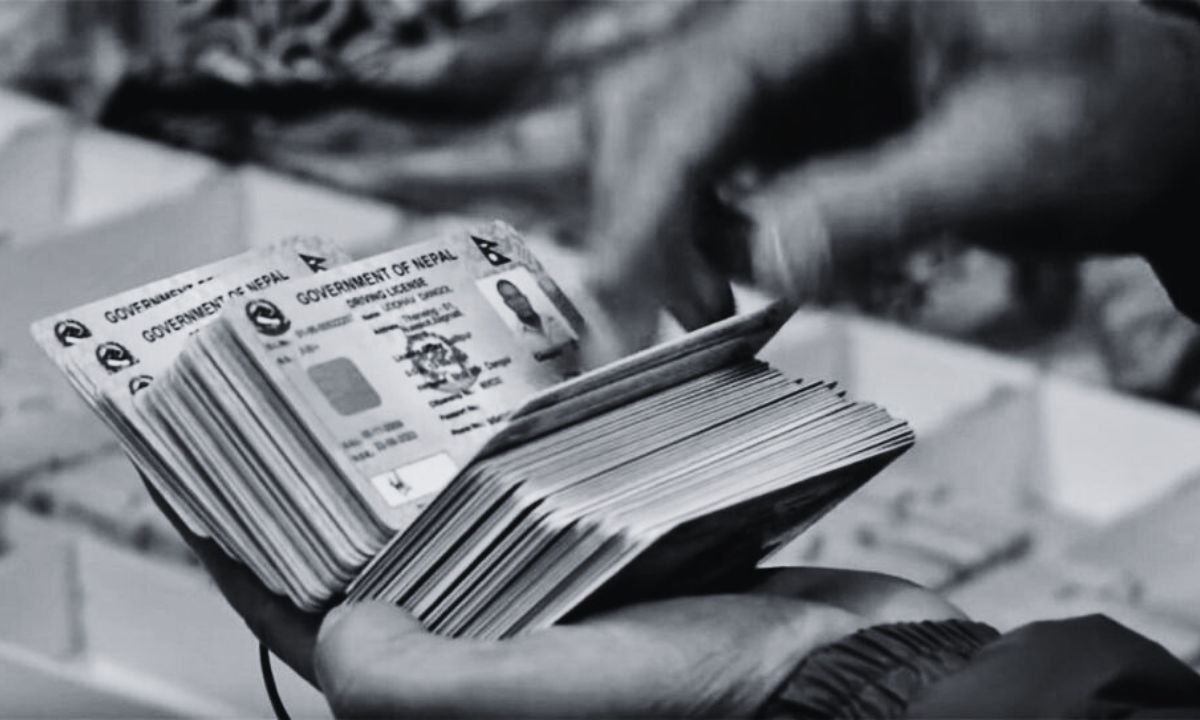Now Reading: TPS for Nepal survives another legal challenge—next hearing in November
- 01
TPS for Nepal survives another legal challenge—next hearing in November
TPS for Nepal survives another legal challenge—next hearing in November

A federal court in California has granted a temporary block on the termination of Temporary Protected Status (TPS) for Nepali nationals living in the United States, offering a moment of relief to thousands of Nepalis whose legal status was at risk. The decision, made on July 31, 2025, delays the enforcement of a termination order until at least November 18, 2025, when a full hearing will be held.
This development comes after the Department of Homeland Security (DHS) announced in June its decision to end TPS for Nepal, a move that could have impacted roughly 7,500 Nepalis currently protected under the program. TPS allows immigrants from countries facing serious hardship—such as war or natural disasters—to live and work legally in the U.S. Nepal was granted TPS after the devastating earthquake in April 2015, which left thousands dead and destroyed critical infrastructure.
Lawsuit challenges the termination
The lawsuit was filed by the National TPS Alliance and several TPS holders, challenging the government’s move as unlawful. The plaintiffs argue that the termination violated both the Administrative Procedure Act and constitutional protections under the Fifth Amendment. The lawsuit names Secretary of Homeland Security Kristi Noem and the U.S. government as defendants.
In its ruling, the court found that the plaintiffs were likely to succeed in their case and that ending TPS at this stage would cause irreparable harm. The decision cited public comments by Secretary Noem, who referred to TPS as an “immigration scheme” and immigrants as part of an “invasion,” raising concerns about racial bias influencing the policy.
What it means for the Nepali community
For Nepali TPS holders, the court’s decision is more than just legal protection—it means continued access to work permits, health care, and family stability. Many of the affected Nepalis have lived in the U.S. for years, some raising U.S. citizen children or supporting families back home.
The ruling acknowledges the real-life consequences of a sudden loss of status, including people with chronic health conditions who depend on jobs and health insurance, and families that could face separation if deportation were enforced.
A long legal journey
This is not the first time TPS for Nepal has faced legal challenges. The Trump administration attempted to terminate the program in 2018, triggering lawsuits and a nationwide injunction that kept TPS alive for years. Nepali plaintiffs like Keshav Bhattarai and Sajjan Pandey were part of that legal fight, supported by advocacy group Adhikaar. The Biden administration later extended TPS until June 24, 2025, essentially reversing Trump-era decisions. But with the new administration in place, the future of TPS again became uncertain.
Over time, the number of TPS beneficiaries from Nepal has declined—from around 15,000 in 2015 to about 7,500 today—as some individuals adjusted to other visa categories, gained residency, or left the program voluntarily.
What’s next?
With the court’s latest decision, TPS holders from Nepal have a temporary safeguard until the next hearing on November 18. Until then, they remain protected from deportation and retain the right to work.
However, the future of the program still hangs in the balance. The outcome of the November hearing will likely determine whether the protection continues or comes to a permanent end.
For now, Nepali TPS holders and their advocates are cautiously hopeful—but the fight to keep the program alive is far from over.
















